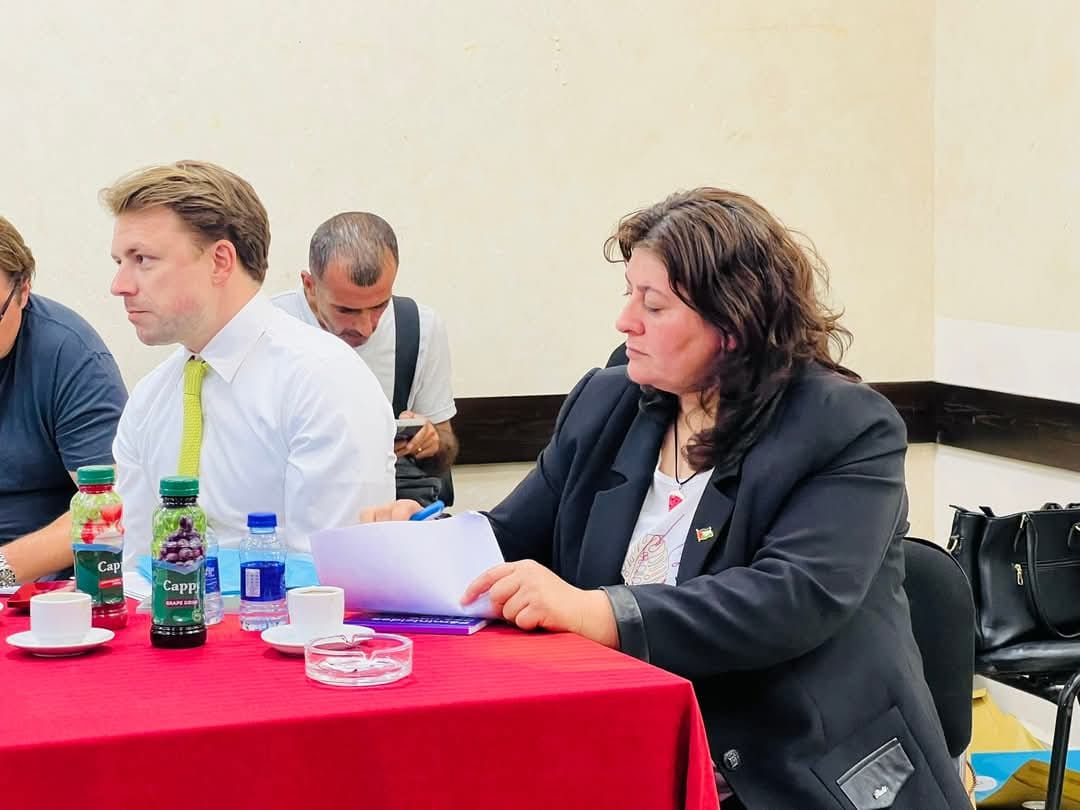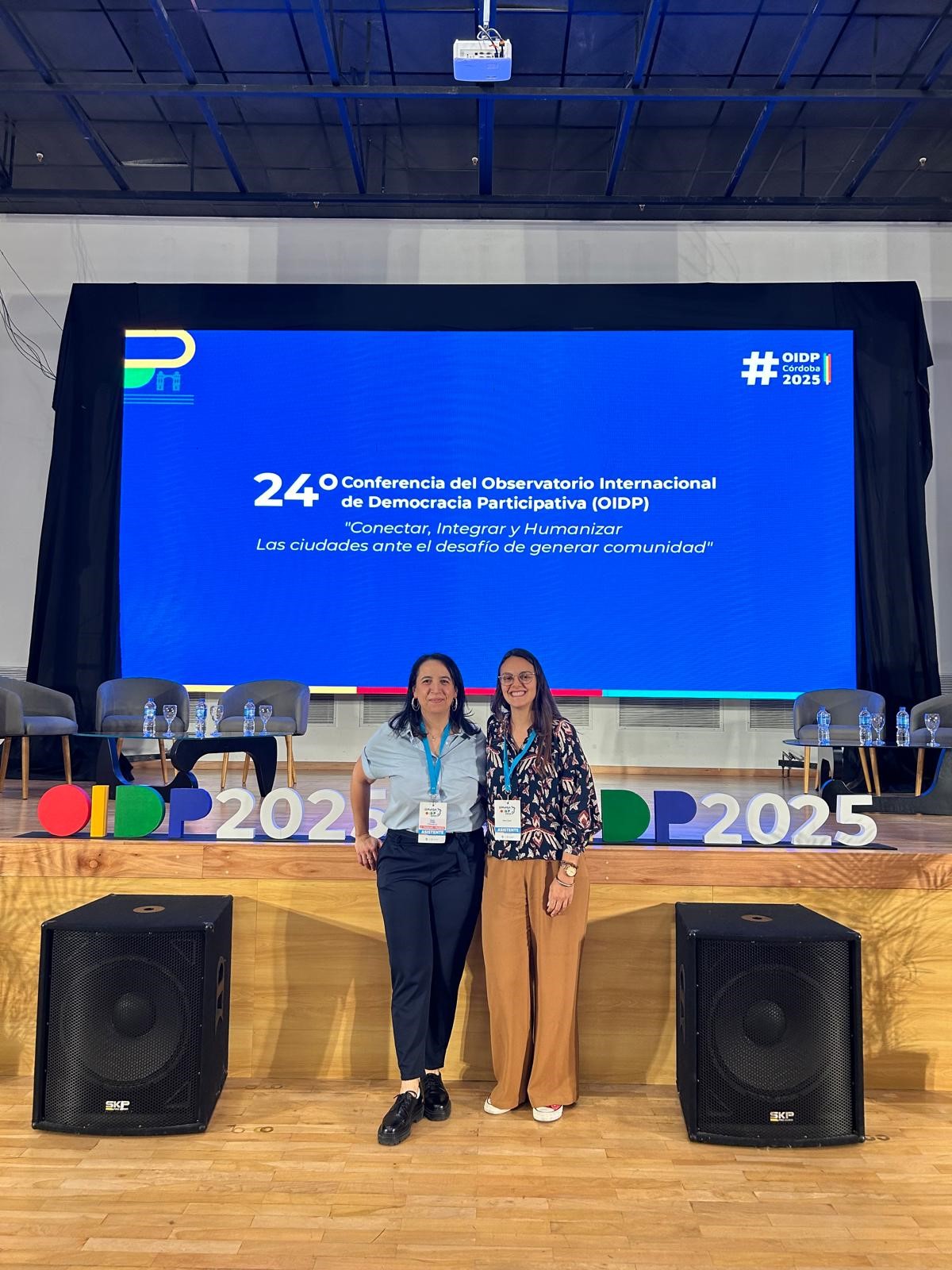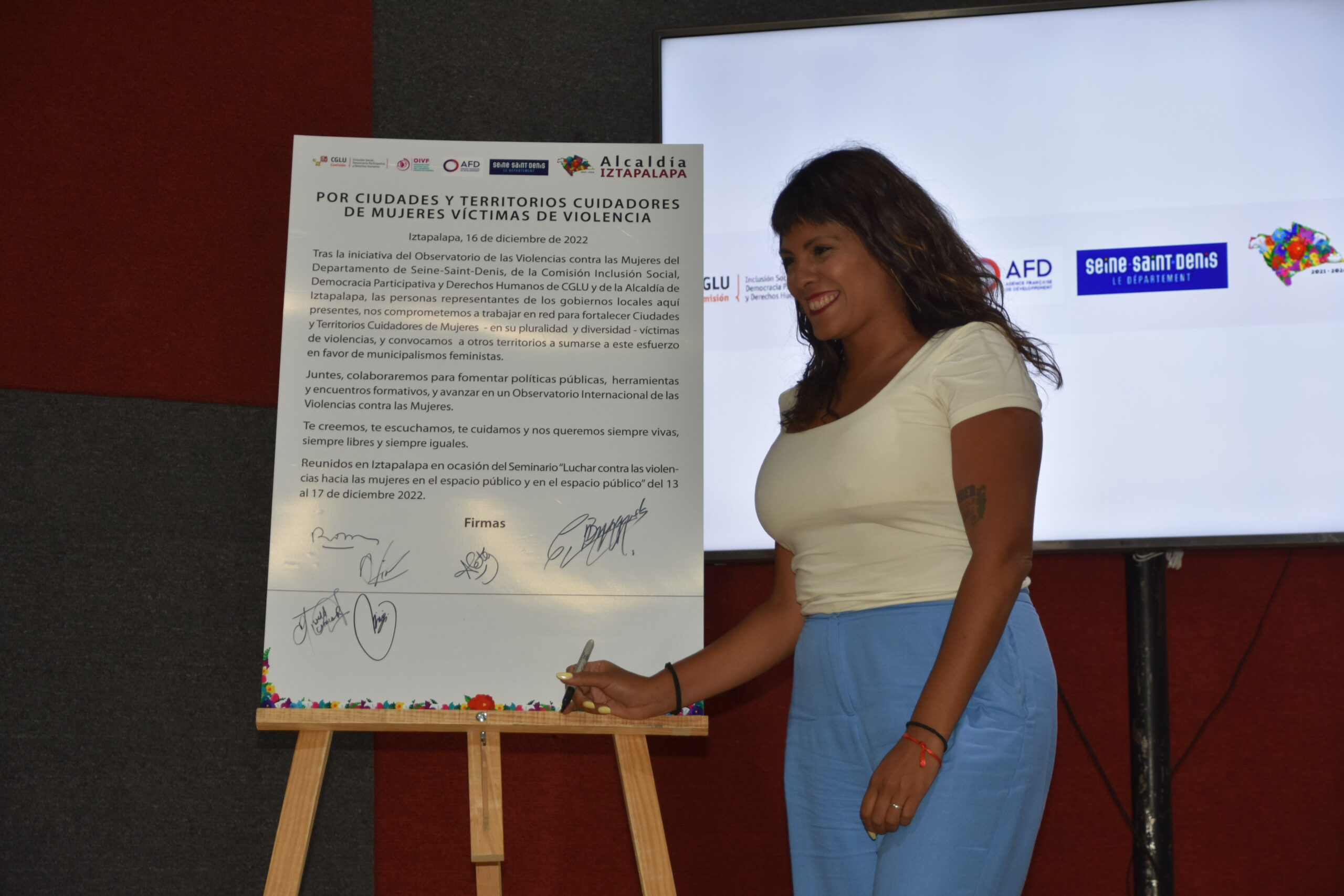Jenin: The Observatory on Violence Against Women Continues Its Work Despite the War
During our meeting on June 11, 2025, Mayssoun Dawoud, head of the Observatory on Violence Against Women in Jenin, shared the situation on the ground. The population of Jenin continues to suffer the consequences of war: precariousness, isolation, and school closures. Despite this, the team remains mobilized to support families and provide spaces of solidarity.


The situation in Jenin is part of a broader context of violence in the West Bank, often less covered by the media than Gaza but just as dramatic. Israeli attacks aim not only to destroy but also to prevent the population from living: water cuts, pipeline destruction, checkpoint closures. Recently, partners on the ground alerted:

The prolonged closure of schools, intensified by the summer period, has further isolated young girls. To address this challenge, the Observatory team chose to strengthen its educational and support activities:








The Observatory is also developing an economic unit to respond to the material distress of women. The war has worsened precariousness, making access to employment and resources even more difficult.








The economic unit will soon be inaugurated, offering a sales space for women’s handicraft products.
The project “Territories protecting women victims of violence” allows the Observatory to consolidate its core activities, but needs remain immense.








Faced with the increase in violence, the Observatory is also committed to creating a dedicated listening line for women victims, in partnership with the family and minors brigade.








The shelter center, although already operational, is still running at reduced capacity due to security constraints.








Finally, thanks to support from the city, the Observatory is preparing to open a secure meeting space where children can see their father in a family context marked by violence, while guaranteeing the safety of the mother and children.








According to UN Women, more than 28,000 women and girls have been killed since the start of the conflict, an average of one woman or girl killed every hour. Among them, nearly 6,000 mothers, leaving behind 19,000 orphaned children. Survivors face unbearable realities: famine, forced displacement, widowhood, inhumane living conditions without access to drinking water, hygiene, or healthcare. More than one million women and girls today are facing famine.
In this emergency context, the Observatory, through its daily commitment, embodies a space of solidarity and safety for those who, every day, fight for the survival of their families and community.


As part of the program “Territories protecting women victims of violence,” the Observatoire international des violences...


A delegation from Seine-Saint-Denis attended the 24th Conference of the OIDP held in Córdoba in May.
Join the network
Elected officials, professionals and associations, international networks and organizations, researchers: we need you.






